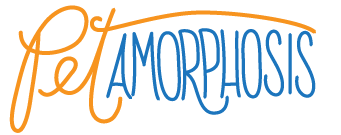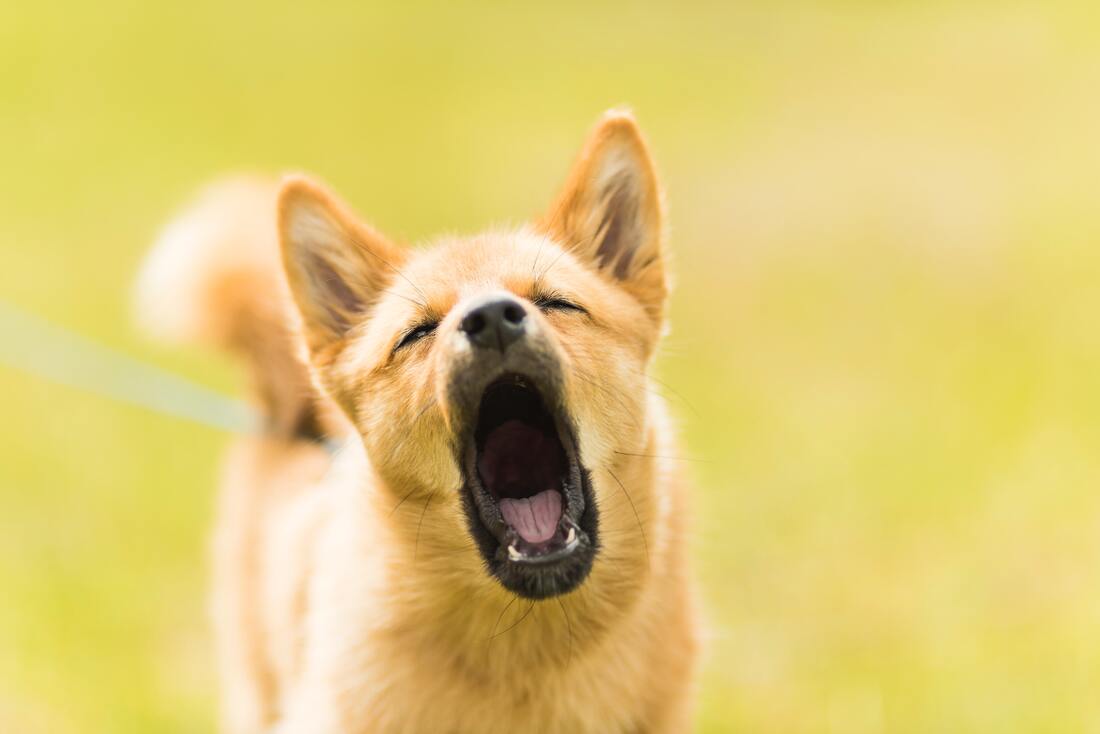|
Dealing with an aggressive/reactive dog can be a challenging and scary experience for anyone with a dog. However, with the right approach and strategies, it is possible to help your dog become calmer and more well-adjusted. In this post, we will explore techniques to transform your dog into a more relaxed and happier companion.
1.Identify Triggers and Avoidance: Understanding the triggers that provoke aggression in your dog is key to managing their behavior. Observe your dog closely to identify specific situations, people, or objects that trigger their aggressive response. Once you have identified these triggers, work on creating a safe environment to avoid or minimize exposure to them. By proactively managing their environment, you can prevent unnecessary confrontations and reduce stress for your dog. 3. Positive Reinforcement and Behavior Modification: Positive reinforcement techniques are highly effective when dealing with aggressive dogs. Reward-based training focuses on reinforcing desired behaviors instead of punishing negative ones. Use treats, praise, and other rewards to reinforce calm and non-aggressive behaviors, such as sit, look or down. This approach helps your dog associate positive experiences with appropriate behavior and encourages them to make better choices in stressful situations. 4. Gradual Desensitization and Counterconditioning: Desensitization and counterconditioning are valuable tools in reshaping your dog's response to their triggers. The process involves gradually exposing your dog to the trigger at a low intensity while simultaneously providing positive experiences or rewards. Start with mild exposure to the trigger and increase the intensity gradually as your dog becomes more comfortable. This method helps your dog develop a positive association with the previously feared stimulus, reducing their aggressive response over time. 5. Consistency, Patience, and Time: Rehabilitating an aggressive dog requires consistency, patience, and time. Consistently apply the training techniques and strategies recommended by professionals, and establish clear boundaries and rules for your dog's behavior. Be patient and understand that progress may be gradual. Each dog is unique, and the rate of improvement can vary. Celebrate even the smallest victories and remain dedicated to your dog's well-being. 6. Seek Professional Guidance: When faced with an aggressive dog, it is crucial to consult with a professional dog trainer or behaviorist who specializes in aggression cases. These experts have the knowledge and experience to assess your dog's behavior accurately and develop a customized training plan. They can guide you through the process of understanding the underlying causes of aggression and provide you with effective techniques to manage and modify your dog's behavior. Helping an aggressive dog requires a comprehensive and compassionate approach. By seeking professional guidance, identifying triggers, implementing positive reinforcement techniques, and gradually exposing your dog to their triggers while providing positive experiences, you can effectively address their aggression. Remember, consistency, patience, and time are key to transforming your aggressive dog into a happier and well-behaved companion. With the right support and effort, you can make a positive difference in your dog's behavior and strengthen the bond between you and your furry friend.
0 Comments
Your comment will be posted after it is approved.
Leave a Reply. |
Debbie Lewis, MSI educate and support people as they deepen their understanding of their pet's behavior to create happy, healthy pet-people relationships. Topics
All
Archives
June 2024
|




 RSS Feed
RSS Feed


